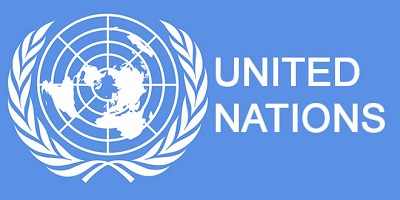Nigeria is among some nations that will draw from the United Nations largesse of $25 billion humanitarian aid in 2019.
Though the aid is global in nature, a total of 93 million people in need of humanitarian assistance would benefit in Nigeria.
This came to the fore on Wednesday in Geneva, Switzerland, during the launch of a major annual analysis of global humanitarian needs.
According to Mark Lowcock, Emergency Relief Coordinator, a total of 132 million people would need assistance next year.
Also listed to benefit from the aid, Yemen, Democratic Republic of the Congo (DRC), Ethiopia, and South Sudan. But Yemen’s needs, according to Lowcock, will remain “exceptionally high”.
Lowcock said conflict had pushed tens of millions of people into a situation where they were in urgent need of help, adding the appeal for funds could top $25 billion to support life-saving aid projects in over 40 countries next year.
Of that number, the UN and its partner organisations aim to support 93.6 million, noting while conflict was the main cause, climate related risks, such as drought and tropical storms, were also significant contributors to the number of people in crisis.
Lowcock said: “Something like one person in 70 around the world is caught up in crisis and urgently needs humanitarian help or protection.
“We have a larger number of people displaced, mostly by conflict than we have seen in the world before, nearly 70 million.”
The UN’s Global Humanitarian Appeal for 2019 amounts to $21.9 billion; it is expected to increase to $25 billion, once Syria’s financial needs have been calculated.
As at mid-November, donors have provided a record $13.9 billion in funding, about 10 per cent more than at the same time last year, according to the UN Office for the Coordination of Humanitarian Affairs (OCHA).
In another finding, the OCHA report showed that the average UN humanitarian response now lasted more than nine years; in 2014, the norm was 5.2 years.
In 2018, moreover, nearly three-quarter of people receiving assistance are in countries that have been affected by humanitarian crises for seven years or more.
In other finding, the OCHA report also highlighted that food insecurity had increased in recent years after a long period in which it had improved.
An increasing number of crises had also translated into gender inequality, the report noted, with girls in conflict settings more than 2.5 times more likely than boys to be out of school.











